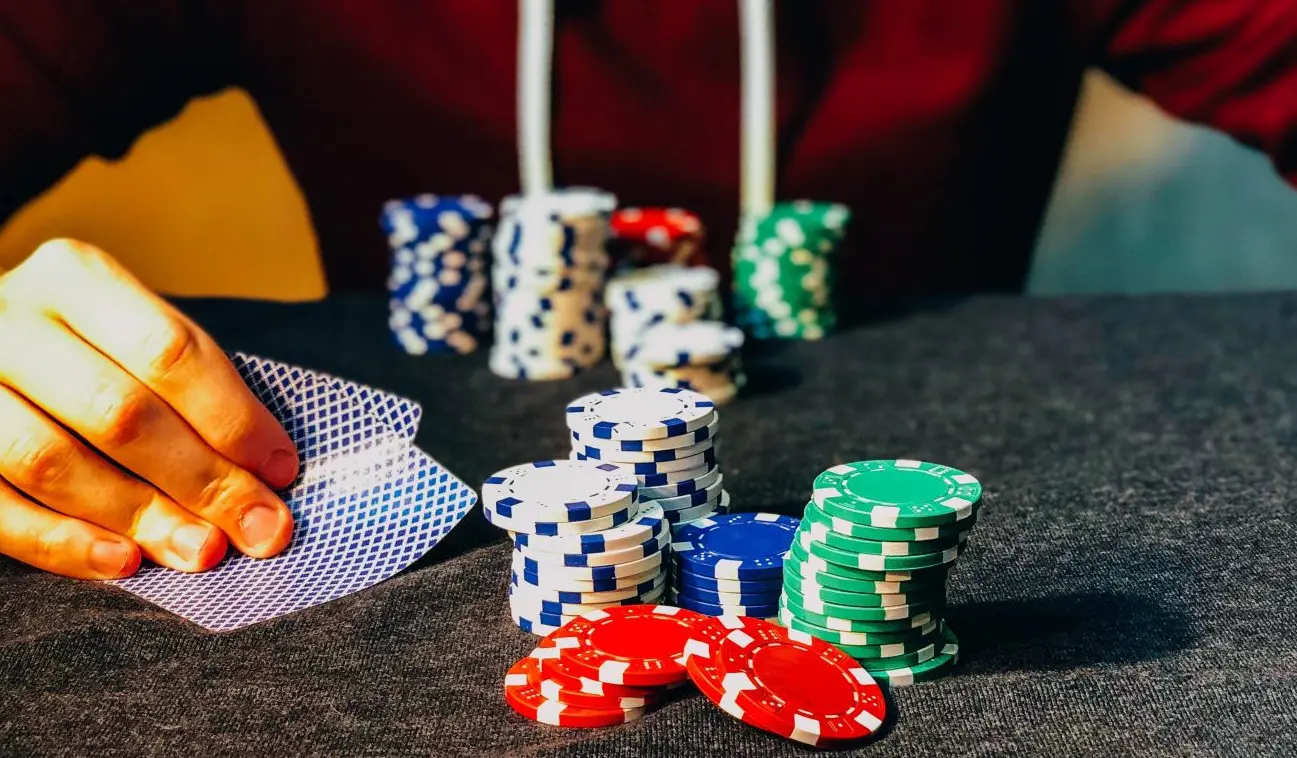Poker is a timed, focused form of aggression. To win at this game it is vital to recognize both opponents and your own cards; observe them carefully by studying their idiosyncrasies, eyes and betting behaviors; for instance a player who typically calls but makes a significant raise may well have an amazing hand!
Betting intervals
Betting intervals are periods when players contribute chips to the pot. In order to stay in a hand, players can either call (contribute the same number of chips as someone has raised) or drop out (drop out from all betting).
Beginners must take great care not to overbet as this will reveal their cards, leading them down a path toward big losses in a short session. Conversely, experienced professionals have proven they can turn even weak hands into moneymakers through strategic betting decisions.
Beginners should limit themselves to playing about 20% of starting hands – including pocket pairs, broadway hands and suited connectors – in their starting hand selections. Otherwise they risk missing more flops and losing money than necessary. A sound poker strategy described on https://oncavip.com/ involves calculating risk versus reward while making decisions based on assumed values for opponent hands so as to extract maximum value when holding the winning hand.
Limits
Beginner poker players frequently make mistakes due to not fully comprehending the game. Furthermore, they may develop bad habits from playing against similar people over and over again – making it hard for others to read them and reading them more quickly can become challenging; therefore it’s vital that players try switching up opponents whenever possible.
Beginners often make the mistake of calling numerous bets without charging an entry fee; this strategy will ultimately cost them dearly over time. Instead, beginners should charge them to call their bets. Furthermore, beginners tend to chase low cards and over-cards.
One way of telling whether an opponent is chasing is the size and amount of their bets and calls, as well as “tells,” such as fidgeting with their chips or jewelry. Learning more about your opponents will allow for better decision-making; always aim to extract maximum value from any hand!
Bluffing
Understanding bluffing is important for both beginners and seasoned poker pros, enabling players to create game play situations where their opponent makes decisions with incomplete information. Furthermore, bluffing can make their opponent assume they have a weak hand and give up early – all through skillful manipulation of bluffing tactics.
Your choice of bluff depends on the players at your table. Newcomers often act as calling stations and table sheriffs, making them easy targets for a big bluff. Furthermore, novice players often display physical poker tells and have difficulty reading the board correctly.
Bluffing can be a high-risk strategy, yet can yield significant financial returns when done correctly. To make sure it works successfully, however, it requires finding a balance between risk and reward as you navigate each hand’s uncertainties – for instance a pure bluff is less likely to win than one combined with an improved hand which has the potential to improve on subsequent streets – these semi-bluffs should be preferred over pure ones.
Assigning opponents to a range of hands
Assigning opponents with accurate ranges of hands is a skill that will greatly benefit your poker game, particularly when facing off against an opponent with a loose, value-heavy range. Knowing this allows you to use larger bluff bet sizes to prevent him from calling with weaker cards in his range and save valuable chips!
Once, it was customary to assume your opponent held specific cards; however, this form of thinking is inaccurate and doesn’t provide an accurate reflection of the situation. Now it is more effective to think about their entire range of possible hands as the hand progresses and how those ranges change during gameplay; this approach will make you a more successful poker player while eliminating emotional gameplay altogether – this practice is known as hand reading; using math and logic reasoning techniques to understand your opponent’s likely holdings.


